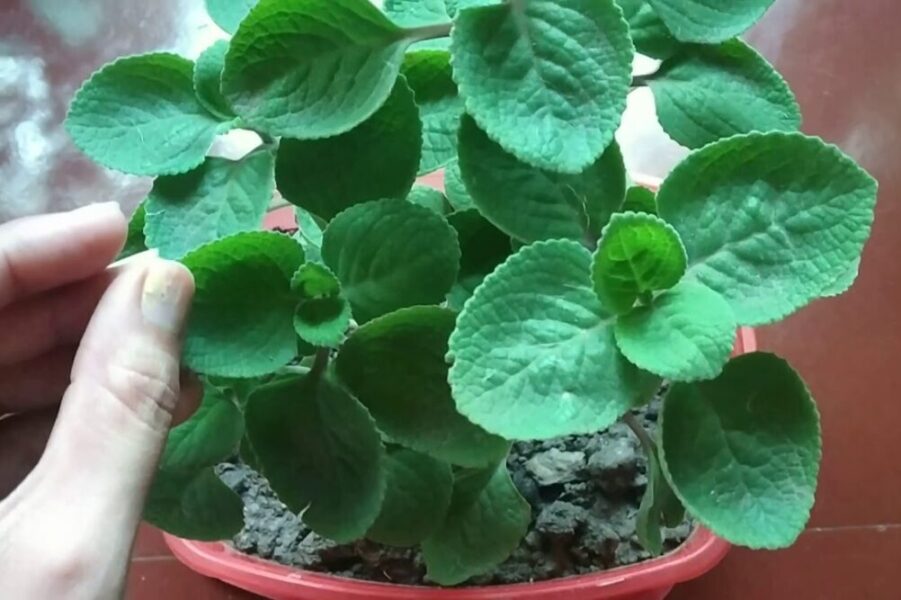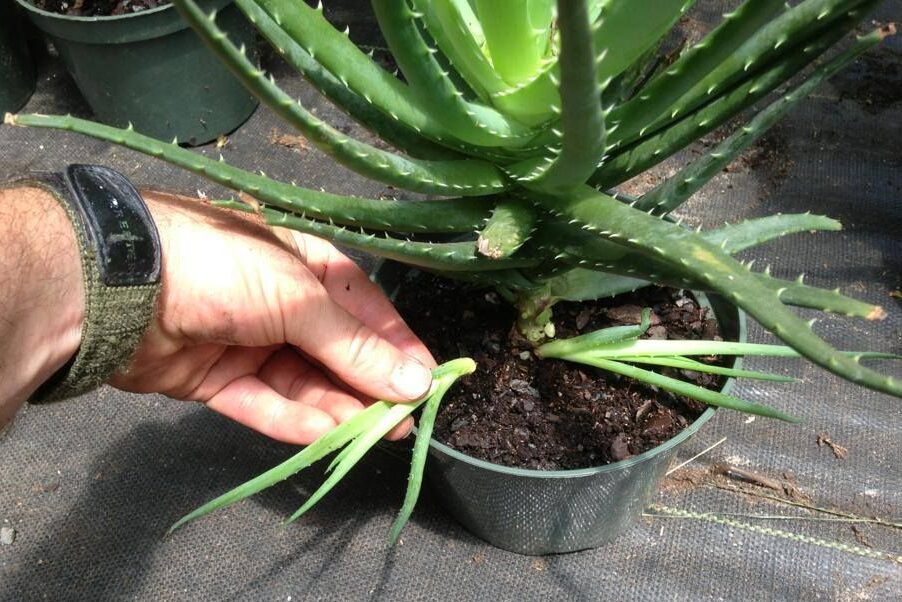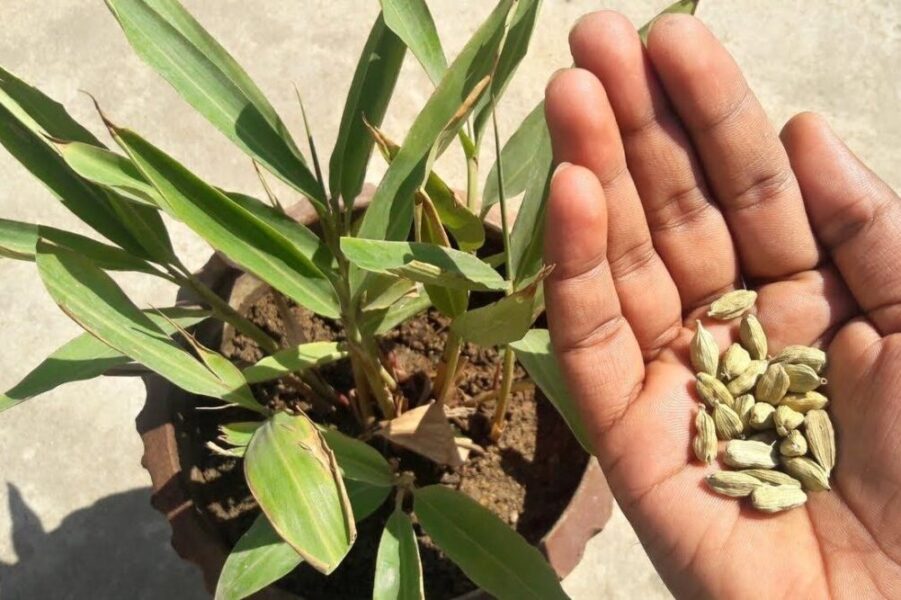General Information
- Category- Herb, drug, Spice
- Binomial Name- Trachyspermum ammi
- Common Names- Ajwain, Jowan, Yamani, Ajwan, Kamun al-mulaki, Bishop’s weed
- Spread- 12-20 inches
- Height- 12-20 inches
- Average Production- NA
- Days to Maturity- 120-180 days
Environmental Requirements:
- Soil- Alkaline and well drained
- Soil Moisture- 20%
- Soil pH- 6.5-7.5
- Soil temperature-18 to 32°C
- Sun Requirements- Full sun/Partial sun
- Best Time to Plant- Summer or fall (July-August or September-October)
Tips to Grow Ajwain:
Ajwain is generally grown from seeds but it also can be grown by cuttings.
- Soil should be fertile and well draining. It should be moist but not wet.
From seeds:
- Arrange good quality of seeds.
- Directly sow the seeds 1/4 inches deep in the soil or scatter the seeds at the top of the soil.
- After one or two weeks germination occurs.
- Once the first true leaves emerge, you can transplant the seedlings.
From cuttings:
- Arrange good quality of cuttings or tip cuttings.
- To propagate ajwain from cuttings, take stems that are a few inches long and remove all but the upper two sets of leaves.
- Add some organic manure in the soil prior planting the cuttings. Bury the stem in soil, with the leaves exposed and water regularly.
- Ajwain’s feather-like leaves grow on many branched stems, creating a lovely container plant.
- After get maturity you can use the leaves or fruit of your plant.
- Once your Ajwain plant starts to grow fast, you have to cut them on regular basis because they can spread fast.
Chemical Constituents of Ajwain:
- A volatile oil which contains thymol (30%-40%).
- After hydro-distillation of the volatile oil of seeds have yielded several compounds- lupeol, linoleic acid, stearic acid, eicosanoic acid etc.
Uses:
- As a carminative.
- As a gastro intestinal regulator.
- As a source of thymol.
- As a spice.
Show Comments




